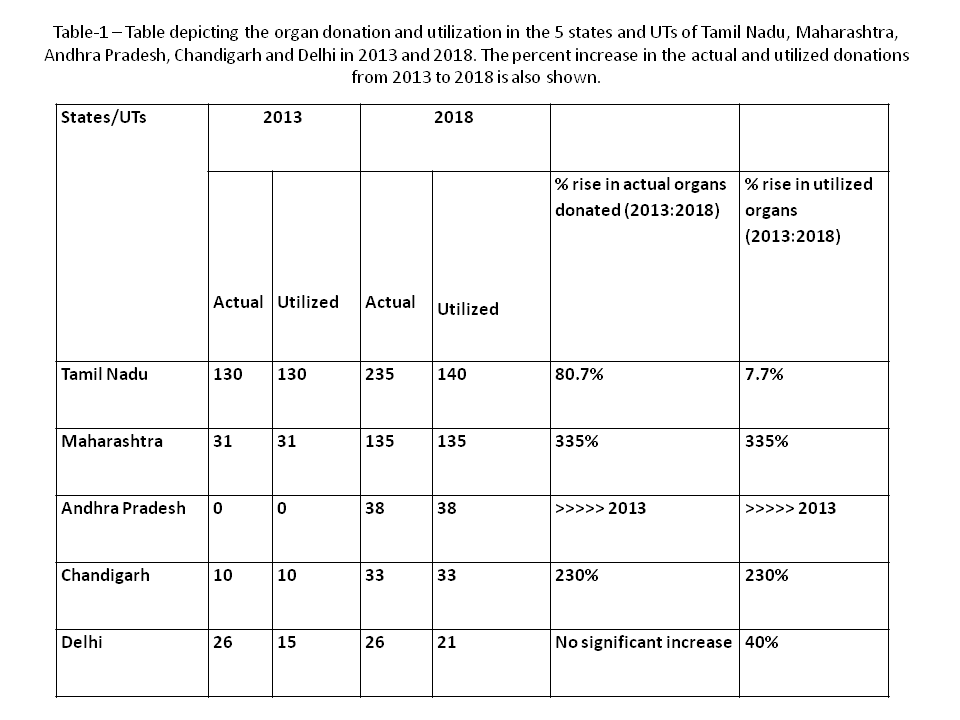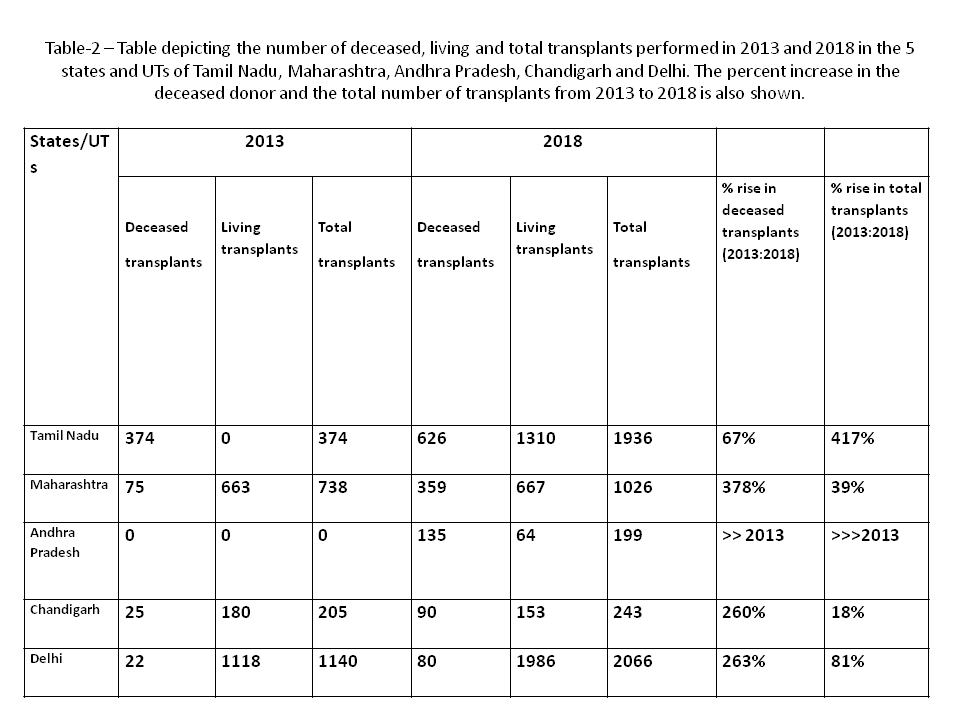
The Best outgoing student of Stanley Medical College , Chennai. Recipient of 12 Gold Medals and prizes. A general surgeon.Employed under the central government. GOI. Recipient of two W.H.O fellowships, one in plastic, hand, reconstructive and microsurgery in Kleinert institute of hand surgery, university of Stanford Plastic Surgery, Bernard O'Brien Institute of Microsurgery, St.Vincent's Hospital,Melbourne, St.Gearge's Hospital, Sydney and another in minimally invasive surgery. Working as Director , NOTTO. Establishing transparency,protocols in organ donation and transplantation.Submitted Indian data to the Global Observatory on Donation and Transplantation from 2013 to 2019 and is the only country in SEARO to do so. WInner of the Women in Transplantation Unsung Hero Award 2020.
Enabling legal provisions and their crucial role in promoting organ donation and transplantation – The Indian scenario
Vasanthi Ramesh1, Poorva Singh1.
1National Organ and Tissue Transplant Organisation (NOTTO), Directorate General of Health Services, Ministry of Health & Family Welfare, New Delhi, India
Introduction: Legal provisions and government orders play an indomitable role in shaping the success of national programs. In India, besides the central legislation regulating organ donation and transplantation, the Transplantation of Human Organs and Tissues Act (THOTA) 1994, many States and Union Territories (UTs) have taken a step further by formulating their own legislations. This study is aimed at examining these legislations and their effect on organ donation and transplantation activity.
Materials and Methods: Analysis was made of the legal provisions and government orders issued by different States and UTs of India. Orders pertaining to organ donation and transplantation were enlisted and examined. The data on organ donation and transplantation was collected and compiled to study the effect of these legal provisions from 2013 to 2018.
Results: In India, health is a state subject. States are at liberty to formulate and execute their own legislations related to health. Hence, many States and UTs have made commendable efforts to encourage and promote organ donation and transplantation by issuing their own government orders. Tamil Nadu, Maharashtra and Delhi have made it mandatory for all hospitals to declare Brain Stem Death (BSD). This has made BSD declaration routine practice in many centres, making the general public aware of and thus accepting of this type of demise. This is reflected in the increase in the number of actual and utilized organ donors in 2018 compared to 2013 (Table-1).

Andhra Pradesh and Tamil Nadu have brought organ transplantation under the purview of insurance schemes, thereby providing coverage for the cost of the transplant procedure and the immunosuppressive regimen. The central government also provides financial help of Rs.10,000/- per month to transplant recipients from below poverty line families to cover the cost of immunotherapy. This has made transplantation more accessible to financially weak patients, depicted by the significant rise in the percentage of deceased and total organ transplants in 2018 compared to 2013 (Table-2).

Timely organ transport by road has been facilitated by the efforts of traffic police and citizens alike in formulating green corridors in Chandigarh, Tamil Nadu and Maharashtra, thus improving the organ utilization rate.
Discussion: State legislations have contributed significantly in facilitating organ donation and transplantation. This proves the willingness of the authorities to promote a cause can have an impact when associated with legal sanction. This will encourage other States and UTs to come up with similar legislations so that these positive effects may be extrapolated to have nation-wide implications.
Conclusion: Legislations can have far-reaching and long-term benefits in modifying the behavior of people. States and UTs should be encouraged to form their own legislations to execute central laws in a more effective way.
There are no comments yet...